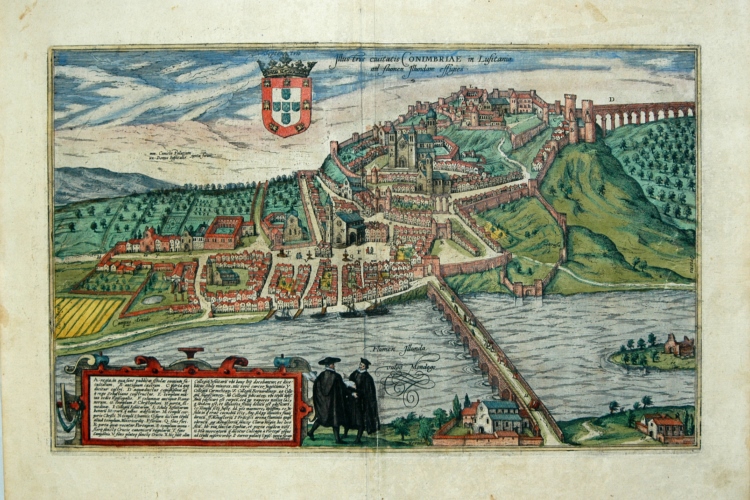A paper by Alexander Rusanov was published in HSE Social and Education History journal

In this article I study medieval concepts of locus studii : how they were constructed, proclaimed and discussed by social actors before producing any real university space in the first Iberian higher schools. I mark out three general types of university spatial concepts in early juridical documents from the universities of Palencia, Salamanca, Lisbon-Coimbra and Lleida. The first group is connected to the universal locale of the studium : “light of science” and scholars’ privileges should extend over the whole Christian world. In political rhetoric “universal” locus studii (that was based on the authorities of the Pope or the Emperor) was imitated by temporal sovereigns. The second type of loci studii is a city. Such conceptions (including civitas regia ) considered urban space as integrated and homogeneous place of university activity leaving municipal law out of account. The third group described locus limitadus , a special university quarter. In the last part of my article I observe the use of spatial concepts in social and legal practices of Iberian medieval university corporations.
See more information and full text on HSE Social and Education History website.
Date
March 28, 2018
About persons
Aleksandr Rusanov
